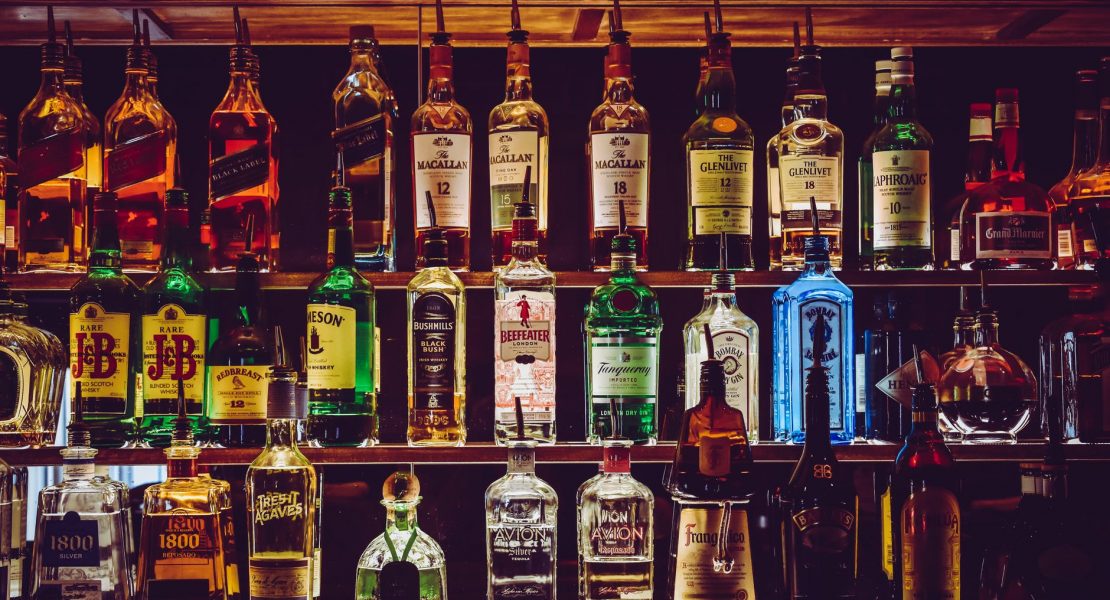Running your own business is a dream that is shared by many. Thinking of an idea and making it profitable sounds like the ideal scenario, whether it’s a pub, a fish and chip shop or an Italian restaurant, we all think we have what it takes to give the public what it needs. But, what if you want to sell alcohol? How would you acquire an alcohol licence and what would it mean for you? So that you’re up and running in no time, Flogas– specialists in commercial gas– takes you through everything you need to know about this important piece of legislation.

The general rules
It’s imperative that any business wanting to sell or supply alcohol in England and Wales must have a licence authorised by the licensing authority – usually a local council. This legislation is overseen by the Home Office, and is defined is as follows:
- Businesses that sell or supply alcohol on a permanent basis, such as pubs, need to apply for a premises licence.
- Those who plan to authorise the sale of alcohol must apply for a personal licence, alongside the premises licence, if they are also the owner of the business in that premises.
You will have to pay for this and complete an application form which you send to the local council. As well as the local authority, you will also have to send your application to the police and other responsible authorities; these responsible authorities can include:
- Local fire and rescue
- The primary care trust (PCT) or local health board (LHB)
- Environmental health authority
- Planning authority
- Local trading standards
- Any other licensing authority in whose area part of the premises is located.
Premises licences
What the licence does is authorises the use of any premises (defined in the act as a vehicle, vessel, or moveable structure) for activities involving the sale of alcohol. To apply for this licence and be successful, you will have to answer a series of questions, such as:
- General information regarding the premises, including the address.
- Your details as an applicant.
- The operating schedule, including the date you want the licence to start from on the premises.
- You should indicate what licensable activities you wish to carry out by ticking the appropriate boxes on the form. You should also indicate what days and times you want the licence to be active from. This also includes the provision of regulated entertainment, such as indoor sporting events, live music and recorded music.
- You must also stipulate who you wish to be the designated premises supervisor (DPS) under the new licensing laws.
- The opening hours of your premises.
- How you intend to promote the four key licensing objectives, which are: the prevention of crime and disorder, public safety, the prevention of public nuisance, the protection of children from harm.
- The planning of the premises and any advertising on or around the premises that you wish to use.
Personal licences
General staff in an establishment don’t need a personal licence, but all businesses with a liquor licence must have a premises supervisor that holds a personal licence.
If you are going to be the owner of the premises licence, then you would also apply to be the personal licence holder if the pub was your own business. Furthermore, anyone who works with alcohol should be authorised to do so by the personal licence holder.
With this information, you’ve got everything you need to get started with your application— cheers!




